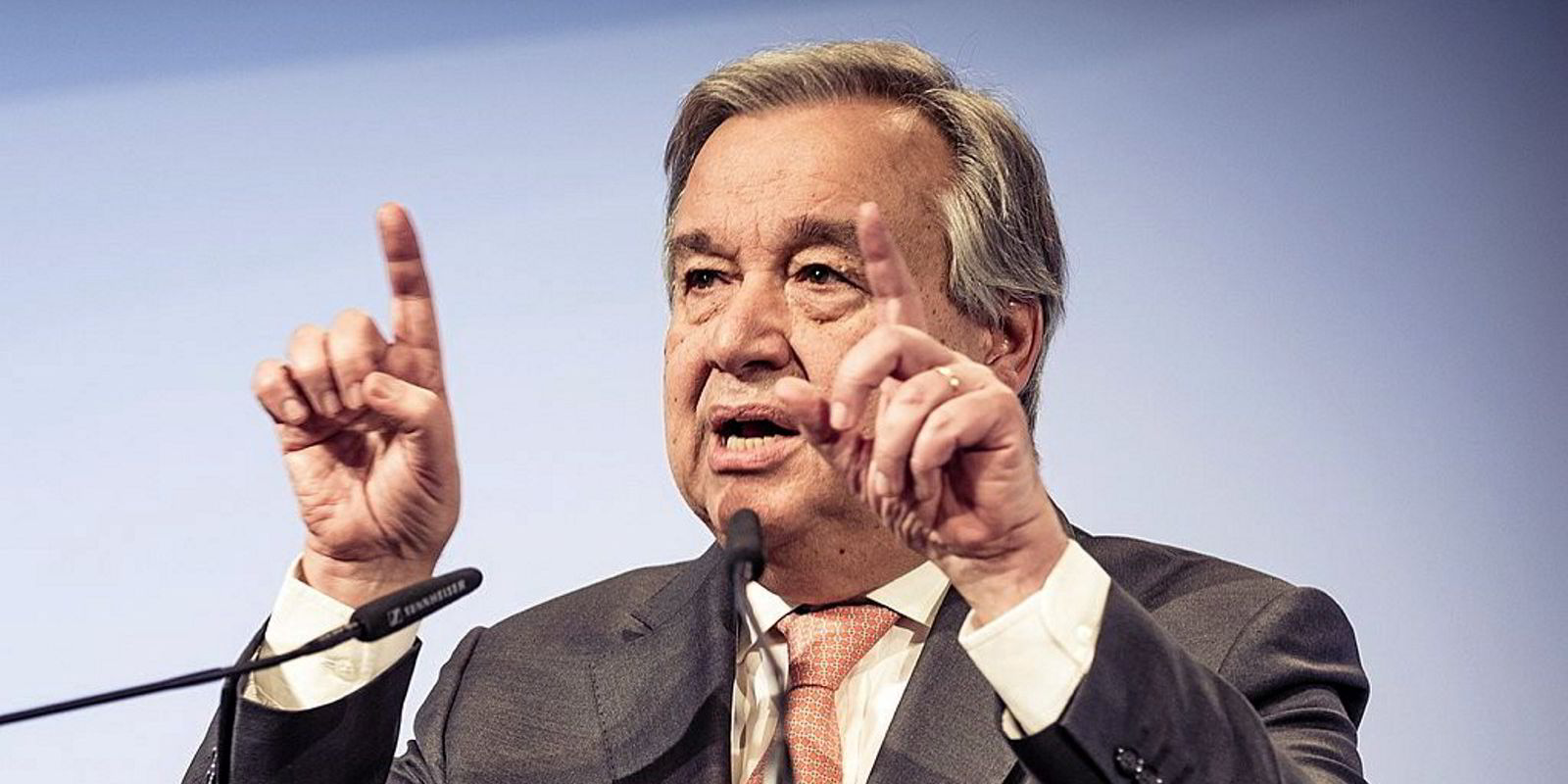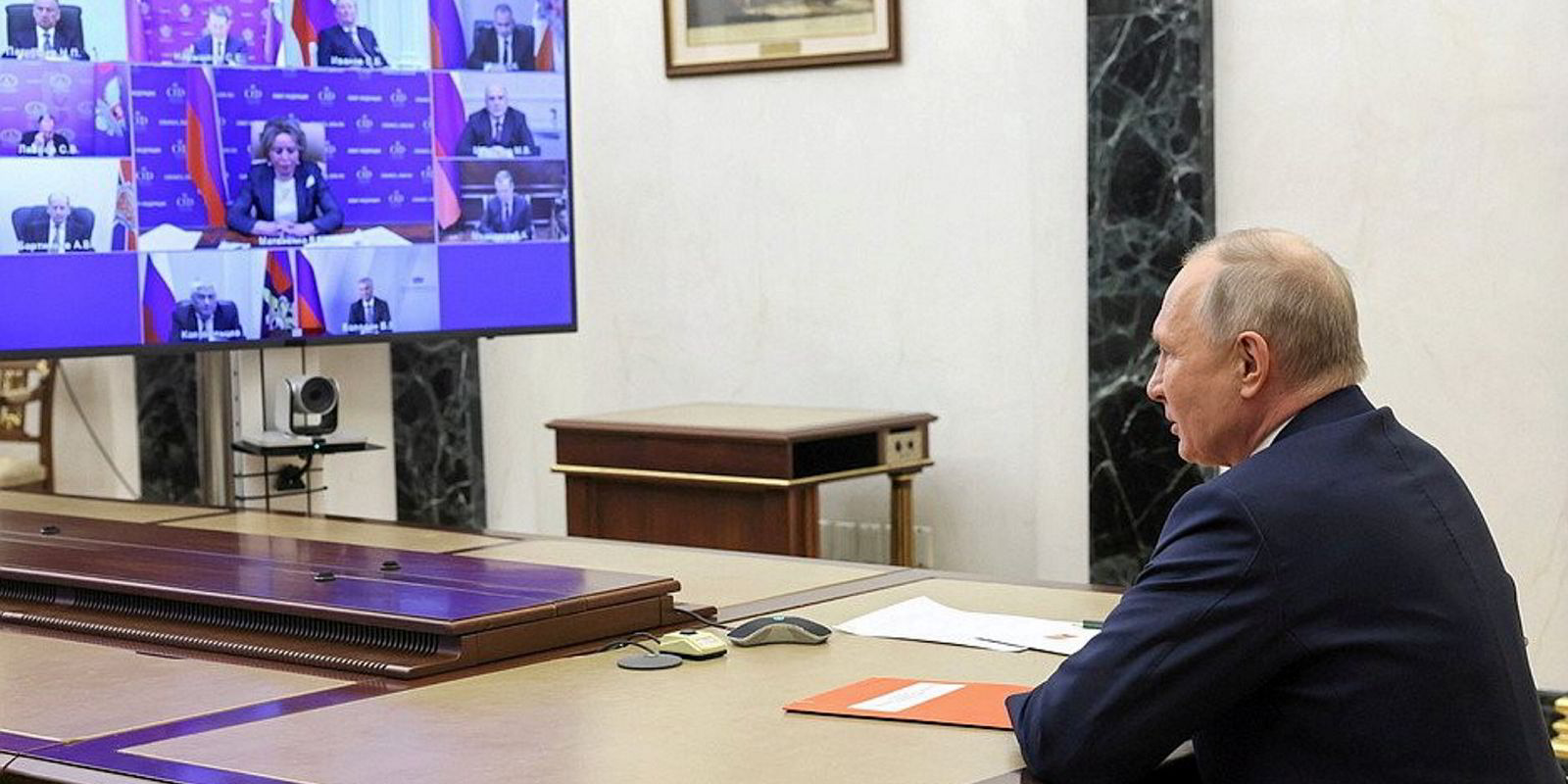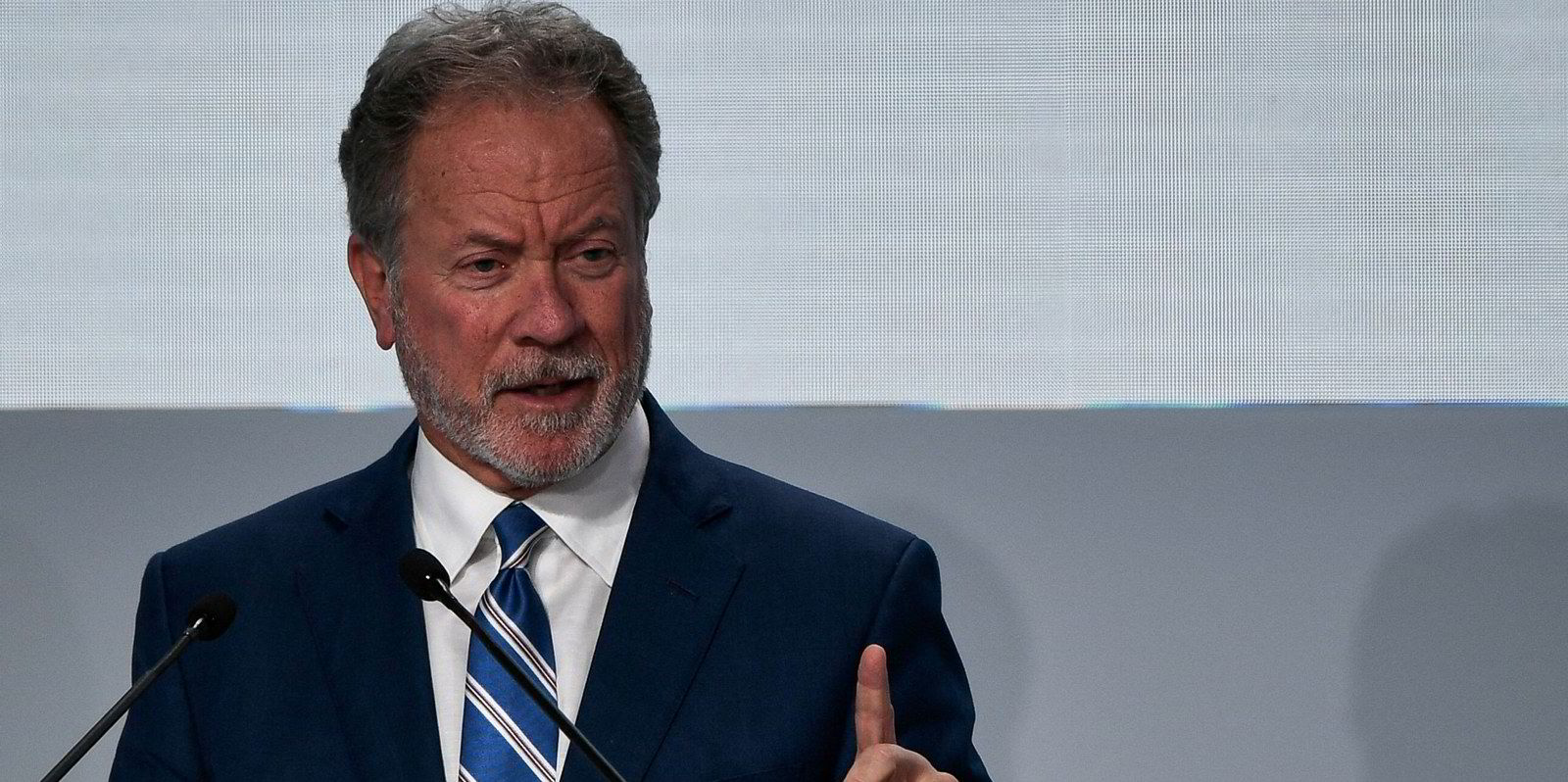United Nations secretary general Antonio Guterres seems to be acquiescing to a Russian demand that the Black Sea Grain Initiative be renewed for just two months.
The agreement, which expires on 18 March, calls for a 120-day renewal.
“But, in the present circumstances, the secretary general and his team are focused, in close contact with all the parties, on doing everything possible to ensure continuity of the initiative,” UN spokesman Stephane Dujarric said in a statement on Tuesday.
A day before, a senior Russian diplomat had said that Moscow was willing to extend the Black Sea grain corridor deal for just 60 days, to protest ongoing export obstacles for its own grain and fertiliser exports.
Even though these products are formally excluded from Western sanctions, Russian vessels and banks still face obstacles in delivering or paying for them abroad, foreign minister Sergei Lavrov recently said.
In its statement on Tuesday, the UN acknowledged the existence of such obstacles and said it was busy working to remove them.
“Meaningful progress has been made but it is true that some obstacles remain, notably with regard to payment systems,” Dujarric said.
“Our efforts to overcome those obstacles will continue unabated.”
In a statement late on 14 March, Russian foreign ministry spokeswoman Maria Zakharova said there was still a lot to do in this direction.
“There has been and continues to be no progress on reconnecting Rosselkhozbank to SWIFT [interbank paying system], resuming supplies of agricultural machinery and spare parts to Russia, lifting restrictions on insurance and access to ports for Russian ships and cargo, as well as unblocking the accounts and financial activities of domestic fertiliser companies,” she said.
Nothing automatic about it
Under the terms of the agreement among the UN, Russia, Ukraine and Turkey in July last year, the agreement is extended automatically for four months “unless one of the parties notifies the other of the intent to terminate the initiative, or to modify it”.
Citing that clause, Ukrainian officials have questioned Russia’s right to renew the deal for anything below 120 days.
“[The BSGI] agreement involves at least 120 d[ays] of extension, therefore Russia’s position to extend the deal only for 60 d[ays]. contradicts the document signed by Turkey & the UN,” Ukrainian infrastructure minister Oleskandr Kubrakov tweeted on 13 March.
Russia counters that full implementation of the grain initiative goes hand in hand with a parallel memorandum of understanding between Moscow and the UN, which focuses on the facilitation of Russia’s export trade in food and fertilisers.
“Rebeca Grynspan, the head of Unctad, and her team, as well as the secretary general himself have spared no efforts to facilitate that trade,” the UN confirmed on Tuesday.
More than 24m tonnes of Ukrainian trade has left Ukraine under the grain initiative since 1 August.
The deal has helped stabilise food prices worldwide and provided much-needed lucrative employment for handysize, supramax and panamax bulkers in the region.
The export of Russian agricultural products, however, is equally important in staving off a food crisis in poor counties.
Russian fertiliser is particularly important.
“I don’t care if you love or hate Russia. You got to have fertiliser right now,” David Beasley, executive director of the UN World Food Programme, told UK lawmakers on 6 March.
“That’s just the reality. If you want to have hell on earth, don’t take their fertiliser,” he added.






